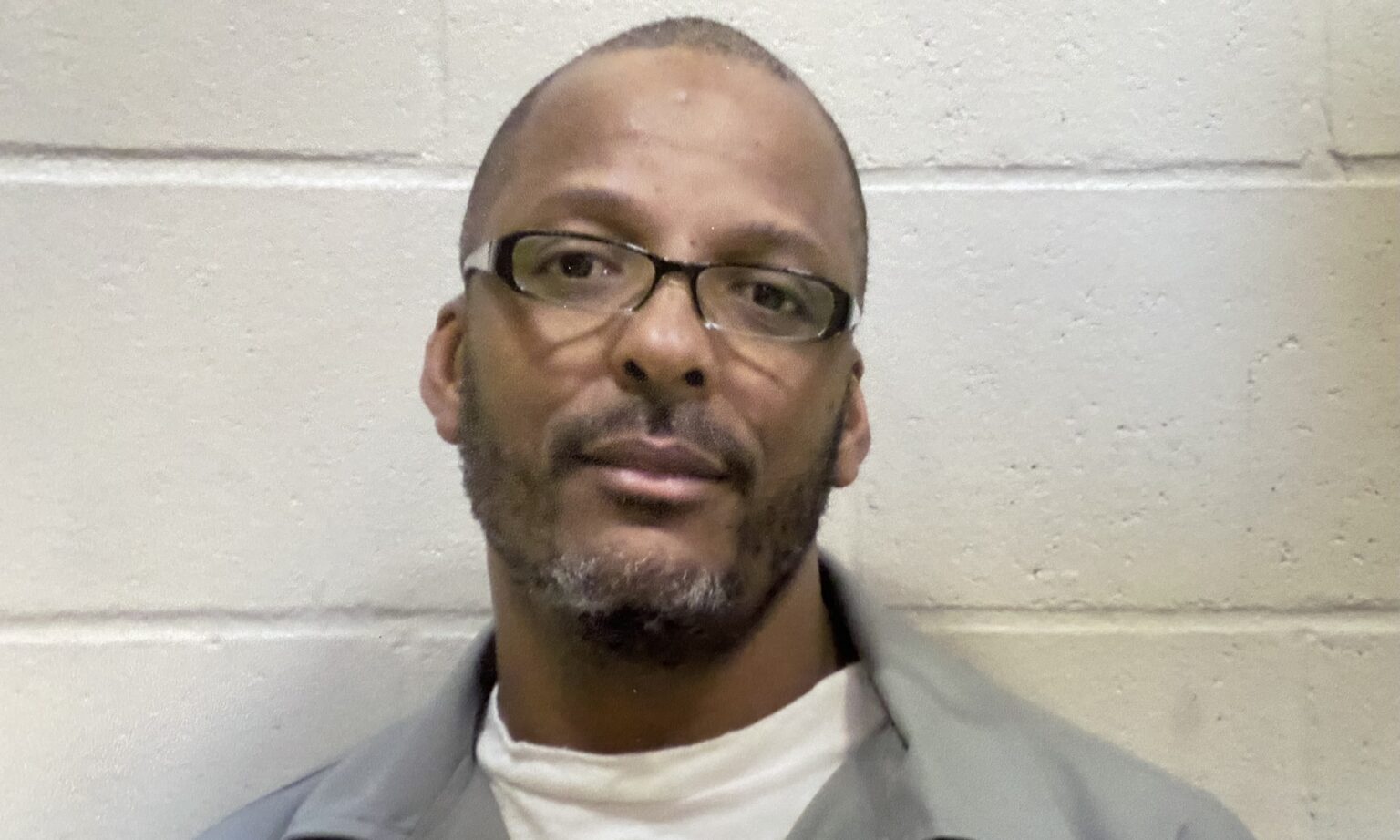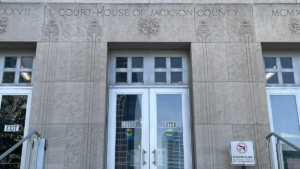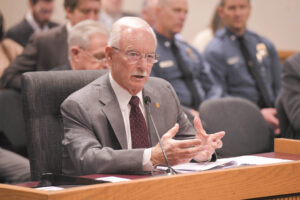7:00
News Story
St. Louis prosecutor says review of Christopher Dunn conviction ongoing, a ‘high priority’

Christopher Dunn was convicted for a 1990 deadly shooting of a teen in St. Louis. Others involved in the case later admitted they lied about Dunn’s involvement. No DNA ever tied Dunn to the murder. A judge also admitted that the lack of evidence is enough to prove Dunn is innocent (photo submitted).
St. Louis Circuit Attorney Gabe Gore said this week that his office has given “high priority’ to reviewing the 1990 murder conviction of Christopher Dunn — a case that finds the Midwest Innocence Project arguing for Dunn’s release from state prison after two prosecution witnesses recanted their testimony and legal experts have cited a lack of DNA and other evidence.
But in an interview with The Independent, Gore did not provide a timeline for when a decision on the case would be made.
Dunn was 18 and living in St. Louis when he was arrested and charged with the murder of another teenager. He is in his 33rd year of a life sentence.
Gore said in June he appointed Booker Shaw as special assistant circuit attorney to assist him in the assessment of Dunn’s case and advise him whether the filing of a motion to vacate the conviction is appropriate. Shaw, a partner in the St. Louis law firm of Thompson Coburn, is the former Chief Judge of the Missouri Court of Appeals, Eastern District, and served as a judge in the 22nd Judicial Circuit Court from 1983 to 2002
Shaw is working on a pro bono basis on the Dunn case review, Gore said. The review, now underway, Gore said, includes he and Shaw reading court transcripts, case exhibits, and rulings, including a 2020 ruling by Judge William Hickle, circuit judge for the 25th Judicial Circuit Court of Missouri.
In the 2020 ruling, Hickle said that while he believed a current jury would not find Dunn guilty, he could not set him free because of Missouri law that restricts innocence claims to death penalty inmates. In 2021, a new Missouri law took effect that allows prosecutors to file petitions when they believe an innocent person is imprisoned.
“I don’t want to commit to a completion date (of the review), but my intention is to continue giving this case high priority,” Gore said, adding that he also plans to meet with Midwest Innocence Project attorneys representing Dunn.
Ultimately, as circuit attorney, Gore said he would be the one to make a final decision regarding whether to file a court motion.
Gore was appointed circuit attorney in May by Gov. Mike Parson, following the resignation of Kim Gardner. Soon after taking the job, Gore withdrew a motion Gardner had filed calling on Dunn’s conviction to be vacated. Speaking at a July press conference and discussing his decision to withdraw Gardner’s motion, Gore said, “I, on the day I was sworn in, had never undertaken such a review. I could not make those representations to the court. It was necessary and required that we withdraw the motion to vacate and that I conduct my own review.”
Both the Missouri Supreme Court and U.S. Supreme Court have rejected motions to hear Dunn’s case, leaving Gore’s decision as potentially his last chance of being released from prison.
The 2021 revised statute regarding motions to vacate convictions says “the circuit court in which the person was convicted shall have jurisdiction and authority to consider, hear and decide the motion.” However, the new law also includes the provision that “the prosecuting attorney or circuit attorney shall have the authority and right to file and maintain an appeal of the denial or disposal of such a motion.”
Part of the national Innocence Network, the Midwest Innocence Project says it is an independent organization with a mission “to educate about, advocate for, and obtain and support the exoneration and release of wrongfully convicted people in Arkansas, Iowa, Kansas, Missouri and Nebraska.” The MIP says it has a waiting list of people seeking its legal assistance and estimates 4,000 people in its five-state region “are incarcerated for crimes they didn’t commit.”
Of the St. Louis Circuit Attorney’s review of the Christopher Dunn case, Rachel Wester, Midwest Innocence Project managing attorney, declined to discuss specifics, but said: “We remain hopeful.”
Before leaving office, Gardner used the new Missouri law earlier this year to convince a court to set aside the murder conviction of Lamar Johnson, who had maintained his innocence during his nearly three decades in prison.
In Kansas City, the law was utilized by Jackson County Prosecutor Jean Peters Baker to exonerate Kevin Strickland after 42 years in prison.
Our stories may be republished online or in print under Creative Commons license CC BY-NC-ND 4.0. We ask that you edit only for style or to shorten, provide proper attribution and link to our website. AP and Getty images may not be republished. Please see our republishing guidelines for use of any other photos and graphics.




